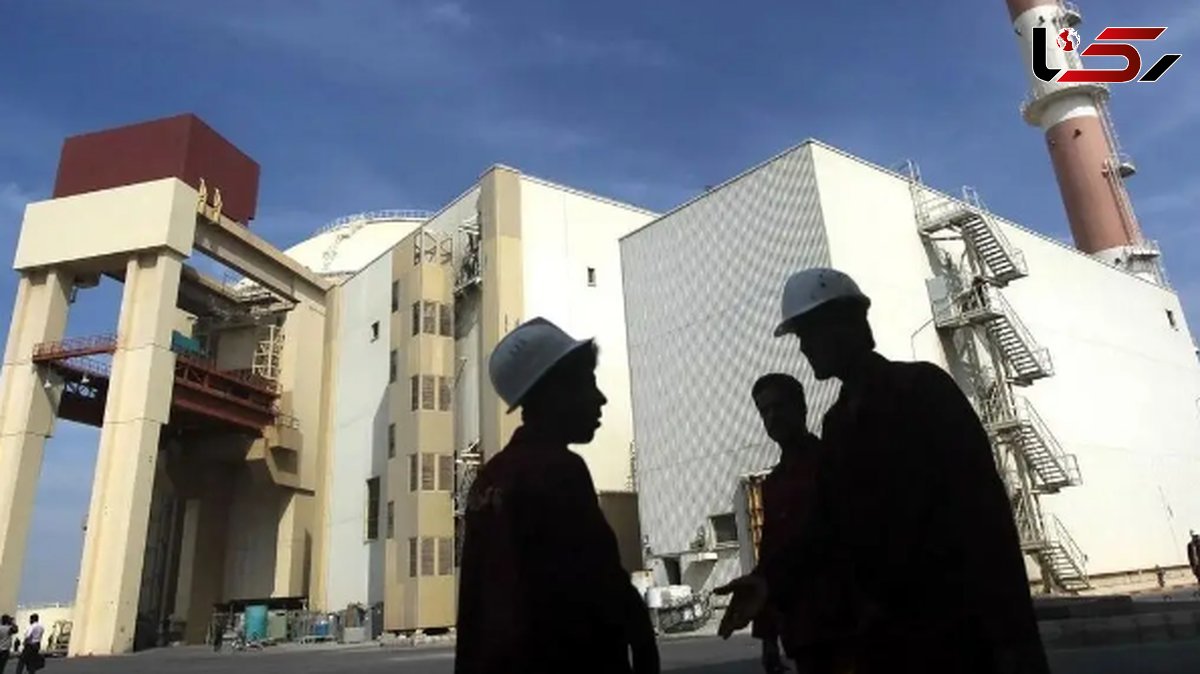What Future Awaits Iran After Exiting the NPT?
Rekna Political Desk: Iran’s potential withdrawal from the Nuclear Non-Proliferation Treaty (NPT) could bring serious diplomatic and economic consequences, including international isolation, intensified sanctions and pressures, and heightened security threats.

Next week, 193 member states of the United Nations will convene at the General Assembly with a defined agenda and objectives. Inevitably, the Islamic Republic of Iran’s agenda will focus on safeguarding national interests based on the current realities.
According to Rokna, the country presently faces multiple challenges: the possible re-imposition of United Nations Security Council sanctions, threats from the Israeli regime, and regional tensions fueled by Israel’s war-driven policies.
To overcome this environment, Iran requires not rhetorical slogans but a precise, realistic, and forward-looking perspective.
Short-, medium-, and long-term responses to the following questions, particularly in reaction to Europe’s actions and the reimposition of sanctions, will determine how Tehran approaches the issue:
A) Ending cooperation with the International Atomic Energy Agency (IAEA) is only conceivable through withdrawal from the NPT. Such a move, as Iran’s legal commitment to the IAEA, might appear a short-term response to Europe’s actions. Yet, the central question for proponents of withdrawal remains: What comes next? What is the contingency plan or post-withdrawal strategy?
Even in the medium term, exiting the treaty cannot serve Iran’s interests. Tehran has no decision to build nuclear weapons, and such a withdrawal would only invite sanctions, intensified pressures, and even the threat of military action — merely as a reactive step that would yield little impact on Western interests.
B) The continuation of diplomatic deadlock and the closure of all avenues for dialogue would result in nothing but Iran’s isolation. This policy of severing ties with a world perceived as unjust would not reduce injustice; rather, it would increase the unlawful pressure on the Iranian people. Such a course, even in the short term, cannot be considered beneficial for the nation or its citizens.
C) Preserving the fragile remains of diplomacy in New York and focusing on what is now referred to as Iran’s proposal to the United States. Such an initiative, even if not yet fully defined, must henceforth be placed on the table of Iran’s diplomats.
The diplomatic team accompanying the President, despite all the restrictions imposed by the United States before and during the visit, can utilize public and media diplomacy to attract global public opinion and present Iran’s position during the recent 12-day war. Iran’s presence in New York can serve national interests only if those interests remain the sole guiding principle.
Neither fear of negotiations nor excessive optimism about them can secure national interests. Walking this narrow path requires both diplomatic vigilance and domestic unity. The President’s presence in New York, through smart and maximum diplomacy, can help reduce international pressures and enhance regional and global cooperation. This participation, following the 12-day war and Iran’s defense, can be more assertive than ever before.
Send Comments